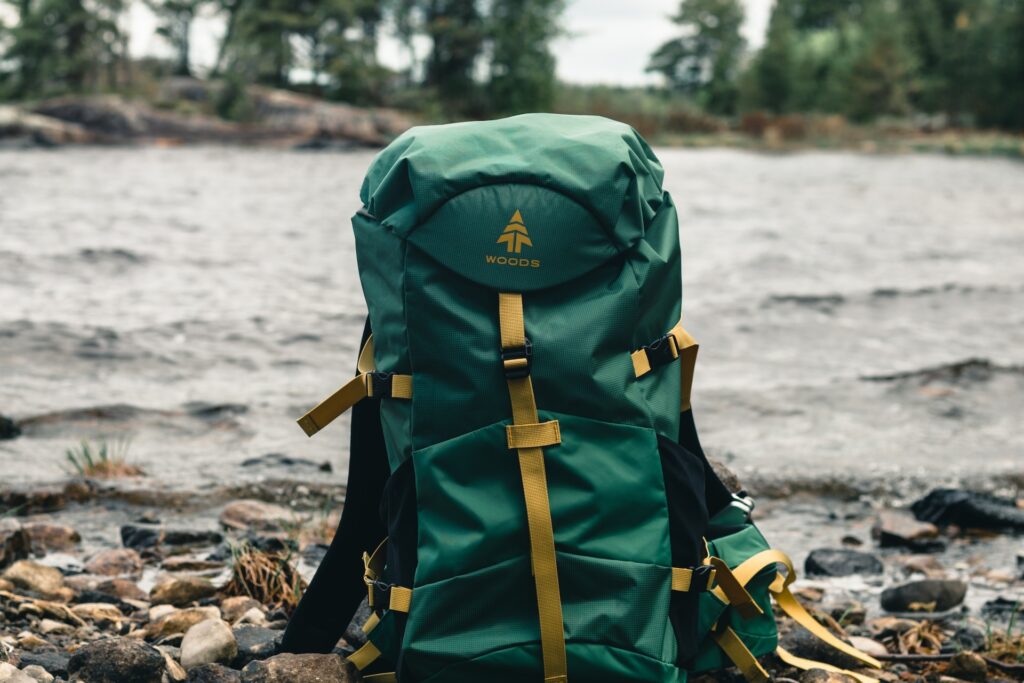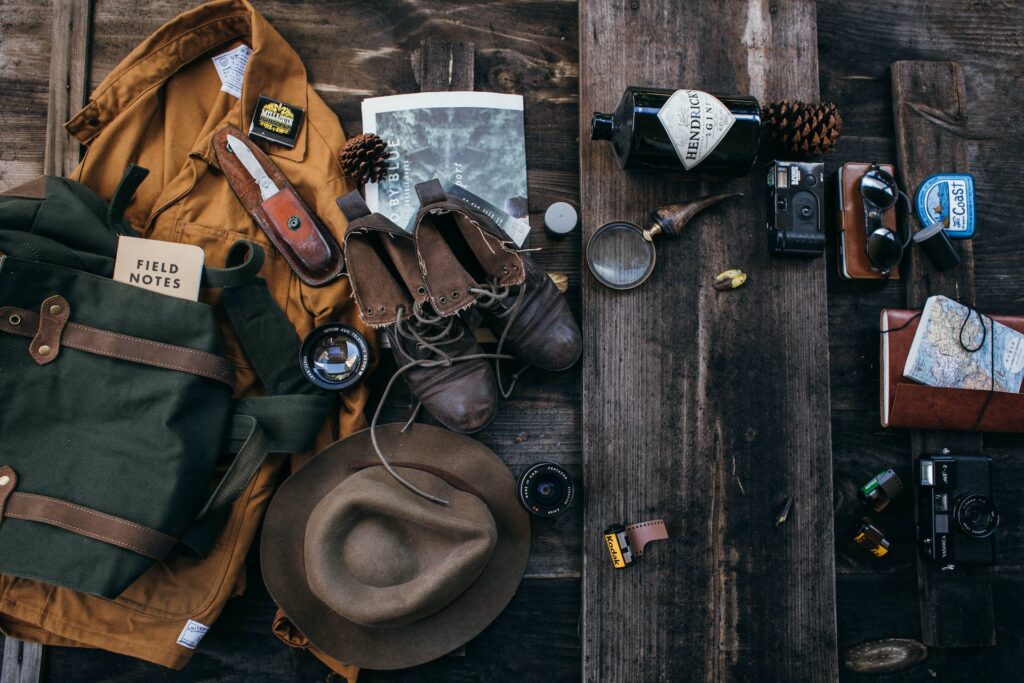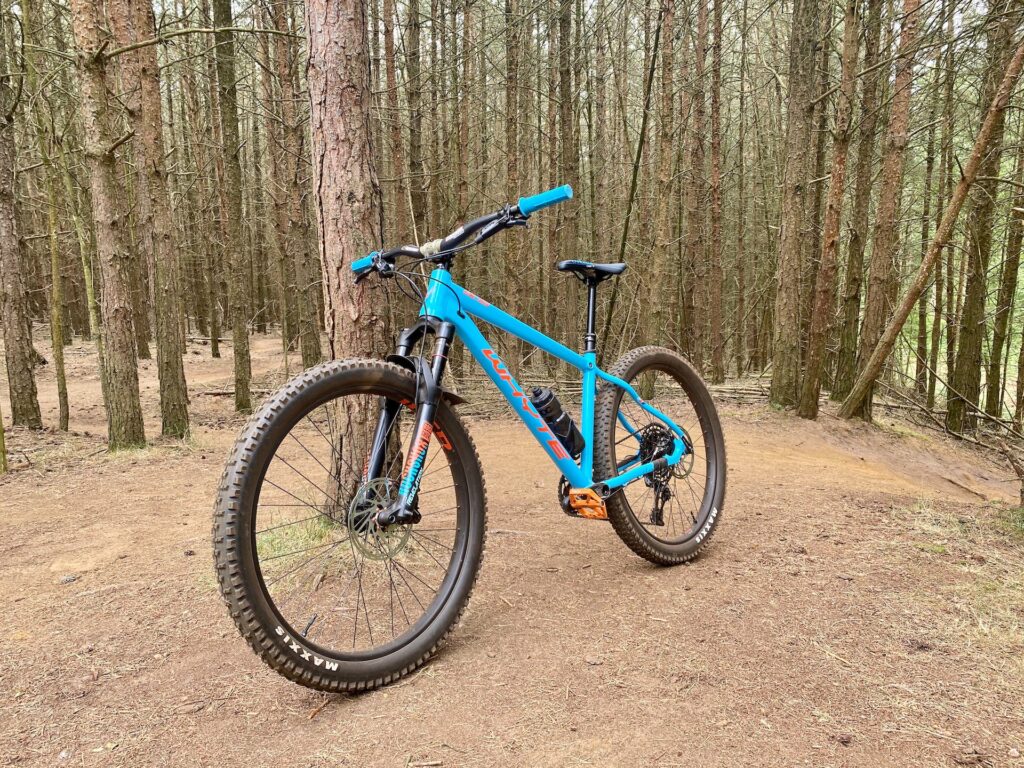Intro
Are you planning your next hiking adventure? One essential item you’ll need is a reliable hiking backpack. But with so many options on the market, it can be overwhelming to choose the right one. After all, the last thing you want is an uncomfortable or ill-fitting backpack ruining your trip. That’s why we’re here to guide you on how to choose the perfect backpack for hiking. From size to features, we’ll cover everything you need to know to find the perfect fit for your hiking needs. So let’s dive in!
Importance of a Good Hiking Backpack
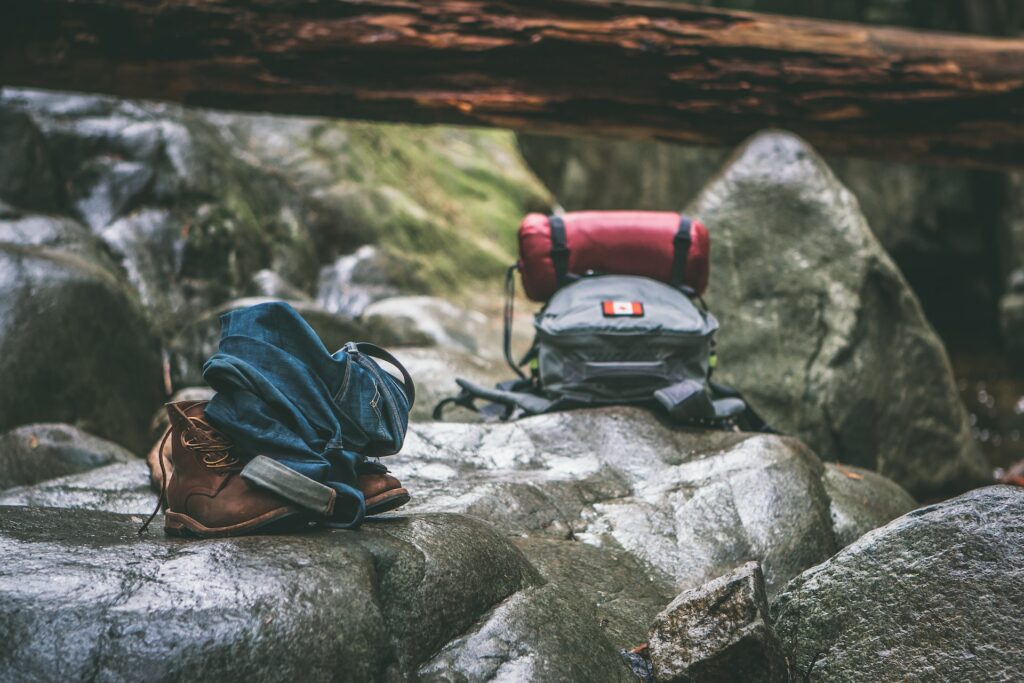
When it comes to hiking, having a good backpack is essential. It’s not just a place to store your belongings; it’s your companion on the trail, carrying the weight of your supplies and ensuring your comfort throughout your adventure. Choosing the right hiking backpack can make a world of difference in your experience.
One of the most important reasons to invest in a good hiking backpack is for the sake of your own comfort. A poorly fitting backpack can lead to discomfort and pain, causing you to cut your trip short or suffer unnecessarily. A good backpack will distribute the weight evenly across your shoulders and hips, preventing strain and allowing you to hike for longer periods without discomfort.
In addition to comfort, a good hiking backpack offers functionality. With multiple compartments and pockets, you can organize your gear in a way that makes it easy to access when you need it. This is particularly important for beginners who may not be as familiar with the necessary hiking gear. Having a well-organized backpack will ensure that you have everything you need within reach.
When it comes to beginners, a hiking backpack designed for their needs is crucial. The best backpack for hiking beginners is one that is lightweight and easy to adjust. This will allow them to focus on enjoying the hike without being weighed down by a large backpack. Starting with a smaller, more manageable backpack is also a good idea for beginners as they can gradually work their way up to a larger backpack as they gain more experience and confidence on the trail.
Ultimately, investing in a good hiking backpack is investing in the quality of your hiking experience. It ensures your comfort, functionality, and allows you to focus on the beauty of nature instead of worrying about the weight on your back. So, before you head out on your next hiking adventure, make sure you have the best backpack for your needs and enjoy the journey to the fullest.
Understand the Different Types of Backpacks
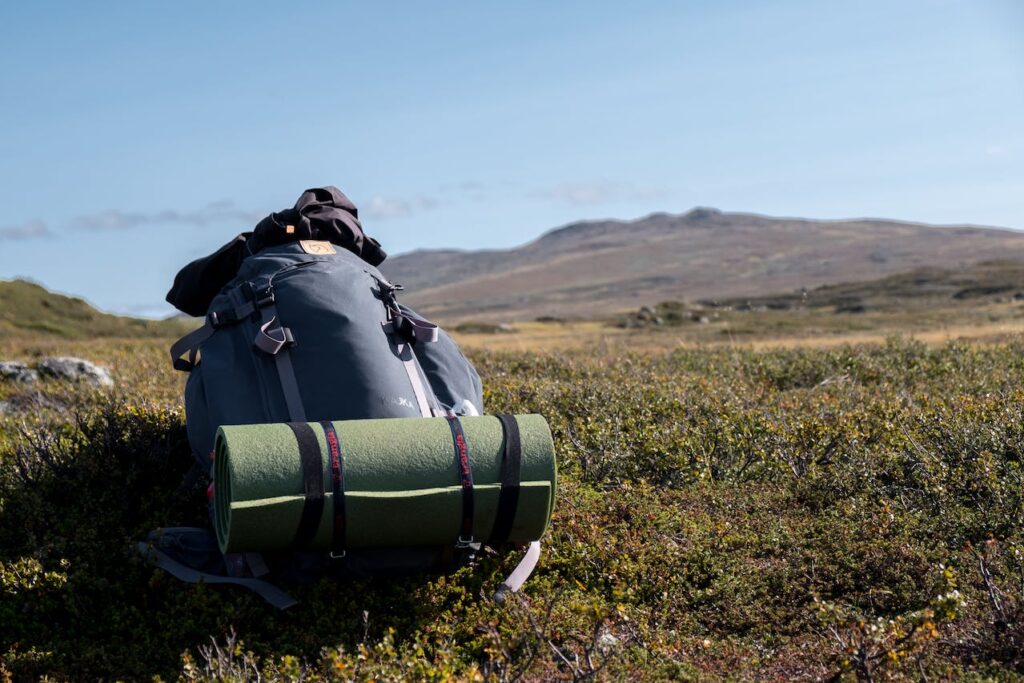
When it comes to choosing the perfect hiking backpack, understanding the different types available is crucial. Each type has its own unique features and benefits, so it’s important to choose one that suits your specific needs and preferences.
One of the most popular types of hiking backpacks is the daypack. This is a smaller, lightweight backpack that is perfect for day hikes or shorter adventures. Daypacks usually have a capacity of around 20-35 liters, providing enough space for essential gear such as water, snacks, a map, and a first aid kit. They are designed to be comfortable to carry for extended periods and often feature padded shoulder straps and a hip belt for added support. Daypacks are a great option for beginners or those who prefer to travel light.
If you’re planning a longer hiking trip or need to carry more gear, a backpacking backpack is the way to go. These backpacks typically have a larger capacity, ranging from 40-80 liters, allowing you to pack everything you need for multiple days on the trail. They are designed with comfort in mind, featuring adjustable suspension systems, padded hip belts, and load lifters to distribute the weight evenly and prevent strain. Look for backpacking backpacks that have compression straps to secure your load and external attachment points for additional gear.
For those looking for even more storage space, a large backpack or expedition backpack is the best choice. These backpacks have capacities of over 70 liters and are designed for long, challenging hikes and expeditions. They offer maximum durability and often come with features such as ice axe loops, ski attachments, and multiple access points. Keep in mind that large backpacks can be heavy when fully loaded, so make sure you’re physically capable of carrying the weight before embarking on your journey.
Understanding the different types of backpacks will help you narrow down your options and find the best backpack for your hiking needs. Whether you’re a beginner or an experienced hiker, choosing the right backpack will ensure a comfortable and enjoyable outdoor adventure. So, consider the duration of your hike, the amount of gear you’ll be carrying, and your personal preferences when making your decision. Happy hiking!
Determining the Right Size for Beginners
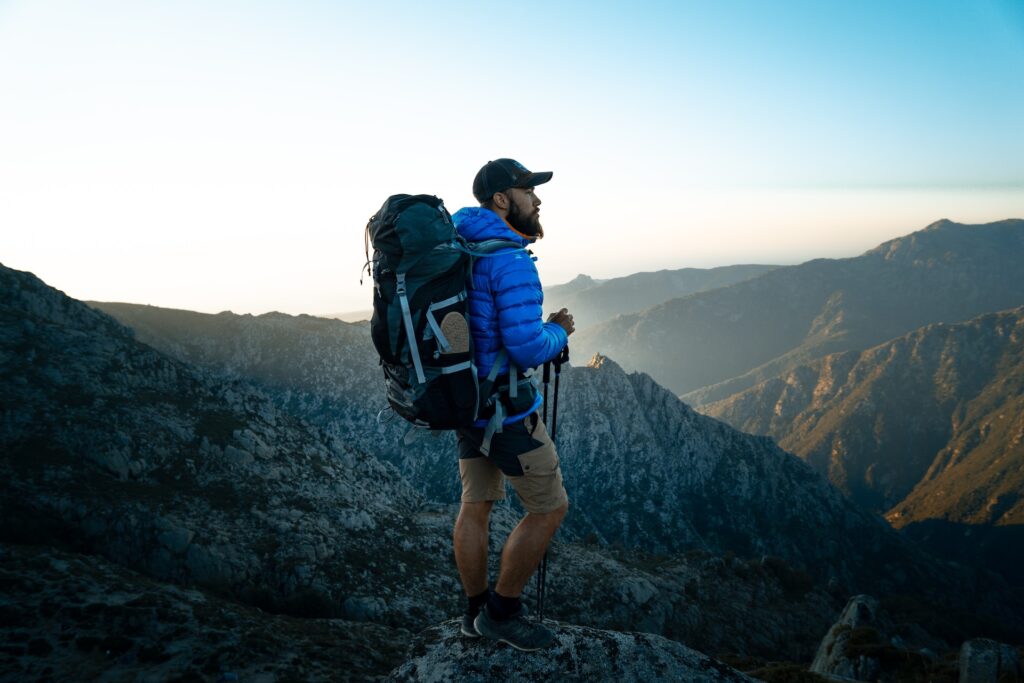
Determining the right size for a beginner’s hiking backpack is crucial to ensure a comfortable and enjoyable hiking experience. While it may seem overwhelming at first, finding the perfect size is easier than you think. Here are a few tips to help you determine the right size for your hiking backpack.
First, consider the duration of your hikes. For shorter day hikes, a smaller backpack with a capacity of around 20-35 liters is usually sufficient. This size will allow you to carry the essentials, such as water, snacks, a map, and a first aid kit, without weighing you down. It’s important to start with a smaller backpack for beginners to avoid unnecessary strain and discomfort.
Next, think about the amount of gear you’ll be carrying. If you plan on going on longer hikes or overnight trips, a backpack with a larger capacity, ranging from 40-80 liters, may be more suitable. This size will give you enough space to pack everything you need for multiple days on the trail, including camping gear and extra clothing.
Another factor to consider is your own personal preferences and comfort. Some hikers prefer a more minimalistic approach and prefer to travel light, while others like to have extra space for any unexpected situations. It’s important to find a size that works for you and your hiking style.
Lastly, try on different sizes of backpacks before making a final decision. This will allow you to see how each size feels on your back and how it distributes the weight. It’s important to choose a backpack that feels comfortable and fits properly on your shoulders and hips.
Pay Attention to Backpack Features
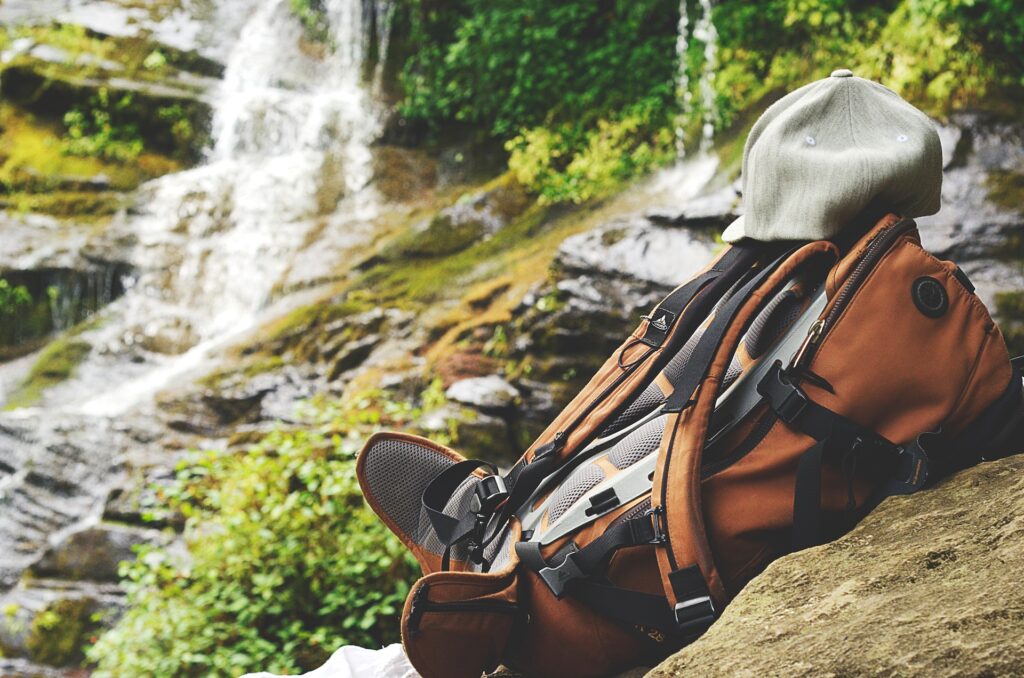
When it comes to choosing the perfect backpack for hiking, it’s important to pay attention to the features that will enhance your outdoor experience. While the size and fit of a backpack are crucial, the additional features can make a significant difference in terms of convenience and functionality. Here are a few features to consider when selecting the best backpack for hiking.
First and foremost, look for a backpack with multiple compartments and pockets. This will allow you to organize your gear and keep everything easily accessible. Look for compartments specifically designed for items such as water bottles, maps, and snacks. Having dedicated spaces for these essentials will save you time and effort when you’re on the trail.
Another important feature to consider is the back panel and padding. A well-padded back panel will provide extra comfort and support, reducing the strain on your shoulders and back. Look for backpacks with ventilated back panels to help prevent excessive sweating and discomfort during long hikes.
Additionally, consider the closure system of the backpack. Some backpacks have top-loading closures, while others have front-loading or panel-loading options. Top-loading backpacks are ideal for those who prefer simplicity and durability, as they are less prone to zipper malfunctions. On the other hand, front-loading backpacks provide easy access to all your gear and allow you to organize your items more efficiently.
Lastly, don’t forget about the external attachment points on the backpack. These loops, straps, and hooks allow you to attach additional gear, such as trekking poles or sleeping bags, to the outside of your backpack. Having these external attachment points can free up space inside your backpack and provide easy access to essential items.
When selecting a hiking backpack for beginners, it’s important to consider these features to ensure a comfortable and convenient outdoor adventure. Remember, the best backpack for hiking is one that meets your specific needs and preferences. So, take the time to evaluate the features and choose a backpack that will enhance your hiking experience to the fullest.
Trying on the Backpack before Purchase
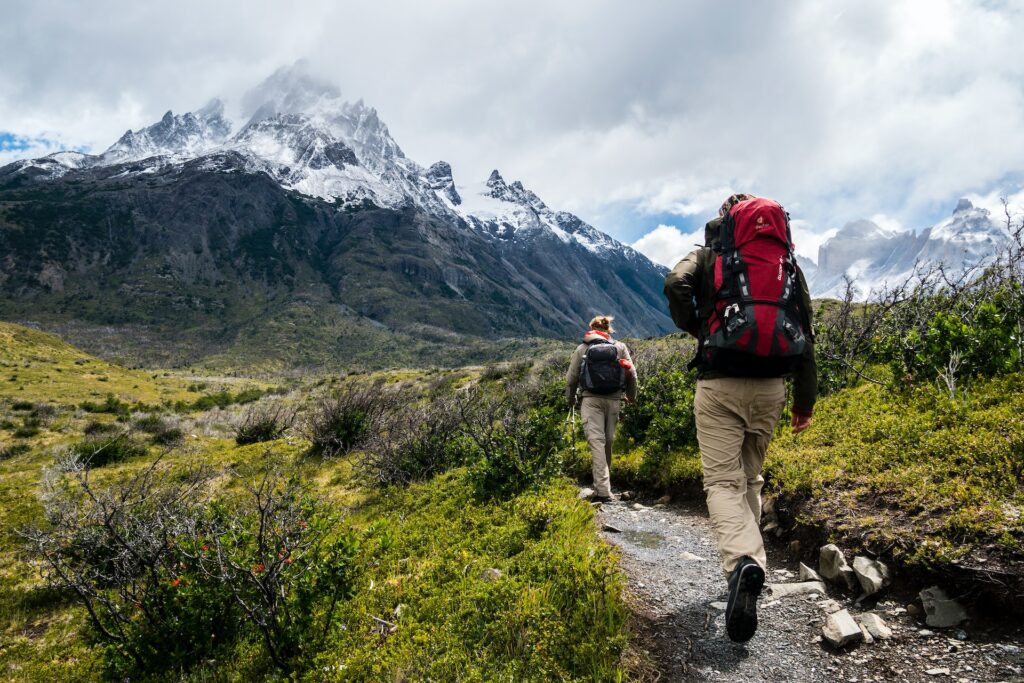
Trying on the backpack before making a purchase is a crucial step in finding the perfect hiking backpack, especially for beginners. While researching and reading reviews can provide valuable information, nothing beats the experience of actually trying on the backpack and seeing how it feels on your body. This step will help you ensure that the backpack fits comfortably and distributes the weight evenly.
When trying on a hiking backpack for beginners, there are a few key things to consider. First, pay attention to the straps and padding. Adjust the shoulder straps and hip belt to see how they fit your body. They should feel snug but not too tight, with the weight of the backpack evenly distributed across your shoulders and hips. The padding should provide enough cushioning to prevent discomfort and pressure points.
Take a few steps and move around with the backpack on. Notice if there are any areas of discomfort or if the backpack feels unstable. You should feel confident that the backpack will stay in place and not shift or swing around while hiking.
Another important aspect to consider is the adjustability of the backpack. As a beginner, you may not be familiar with the optimal fit or the adjustments needed for your body type. Look for a backpack that offers easy adjustments and a customizable fit. This will allow you to fine-tune the fit and make necessary changes as you gain experience and become more familiar with your hiking needs.
Finally, consider the overall feel and comfort of the backpack. Does it feel too heavy, even without any gear inside? Remember that the weight of the backpack will only increase when you pack it with your hiking essentials. Make sure the backpack feels manageable and doesn’t strain your body.
By trying on the backpack before purchase, you can ensure that it meets all your requirements for comfort and fit. It’s worth taking the time to visit a store and try on different backpacks to find the perfect one for your hiking adventures. Don’t be afraid to ask for assistance from knowledgeable staff who can guide you through the fitting process and offer valuable insights based on their experience. Your hiking backpack is your companion on the trail, so make sure it feels like a perfect fit from the start.
The Role of Budget in Choosing Your Backpack

When it comes to choosing the perfect hiking backpack, your budget plays a significant role in the decision-making process. While it’s tempting to splurge on the latest and most expensive backpack, it’s important to find a balance between quality and affordability, especially for beginners.
Before you start your search, determine your budget range. This will help narrow down your options and prevent you from overspending. Keep in mind that hiking backpacks can vary significantly in price, ranging from budget-friendly options to high-end models with all the bells and whistles. While it’s tempting to opt for the cheapest backpack available, remember that quality and durability are important factors to consider.
When shopping for a hiking backpack for beginners, look for a reliable brand that offers good value for money. Research different brands and read customer reviews to get an idea of the overall quality and performance of the backpacks within your budget range. Look for brands that offer a warranty or guarantee, as this demonstrates their confidence in the product.
Consider your hiking needs and frequency when determining your budget. If you plan on using the backpack frequently or embarking on longer hikes, investing in a higher-quality backpack may be worth the extra cost. However, if you’re just starting out and unsure if hiking is a long-term hobby, a more affordable option may be suitable for your needs.
Remember, your hiking backpack is an investment in your outdoor adventures. While it’s essential to stick to your budget, compromising too much on quality and comfort can negatively impact your hiking experience. Finding a balance between budget and quality will ensure that you have a reliable and durable backpack that meets your needs without breaking the bank. In conclusion, budget plays a significant role in choosing the perfect hiking backpack. While it’s important to stick to your budget range, consider the overall quality, durability, and brand reputation. Finding a balance between affordability and functionality will ensure that you have a backpack that meets your hiking needs without compromising on comfort or performance. So, take the time to research and compare options within your budget, and invest in a hiking backpack for beginners that will enhance your outdoor adventures.

